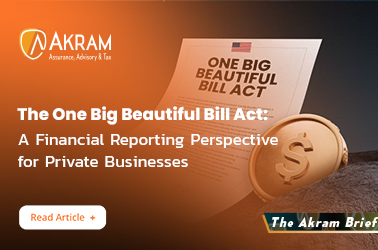Is Now the Time To Shine for Venture Capital Risk-Takers?
Last month, I wrote about why I think that there are still good opportunities for emerging private equity managers to launch their first fund, despite the uncertainty facing the industry at the moment. Part of the reason that I think that is because last year we saw plenty of first-timers looking to get off the ground and so far in 2023, that activity has remained stable.
It’s going to be slower in venture capital this year, in my view. I read a good article in the economist recently that cited data from Silicon Valley Bank showing that, whilst the median valuation in Seed rounds was up, early-stage, late-stage and IPO valuations were down between 30-60%.
Accurately valuing start-ups is an inexact science, of course, and another challenge that many VCs face is the lack of control versus their later-stage buyout private market cousins. Both of these challenges might contribute to a pull back in both VC activity this year, along with the lower amounts of cash the industry has to invest –fourth quarter fundraising last year hit a nine-year low, after all.
But the upside of all this is the same as it is in the buyout space – the potential for higher returns as VCs willing to take the plunge are buying at lower prices in the current environment. Whilst that’s perhaps not the case in the seed round space, early-stage investors could find some bargains, especially when you factor in the higher cost of taking out debt to fund growth, due to the prevailing higher interest rate environment.
Which leads me into the ever-expanding venture debt area. There’s lots of coverage in the media about the booming venture debt space, which start-ups are almost forced to turn to in some situations due to a lack of available VC money. This is a sector that I certainly expect to grow this year because the attractiveness of being able to charge more for a loan due to a higher interest rate environment, added to demand for capital from start-ups, should drive activity.
All this said, those emerging venture capital fund managers who have put their plans to launch on hold for now might want to think again. Yes, it’s harder to raise money for an early stage investment fund right now. Those that are doing so or who have decided to go for it will take longer to get to the first and final close. But like the emerging managers in the buyout space, there is significant potential upside for those launching and investing at the moment. After all, investing is about risk-taking, right?







